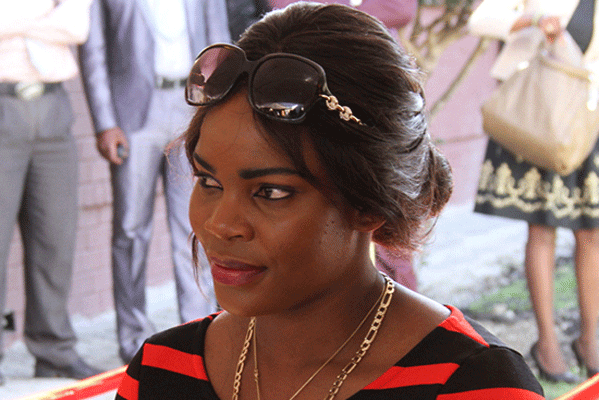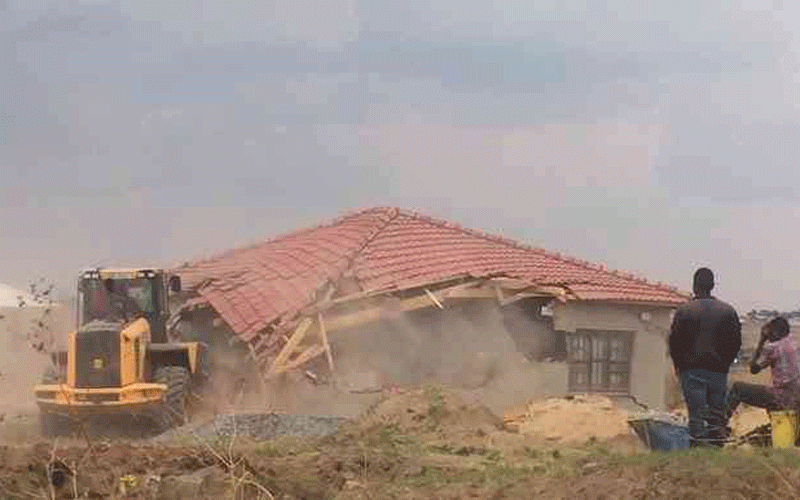
Founder and former president of the Miss Heritage pageant, Taremeredzwa Munzara says political patronage has killed the modelling industry in Zimbabwe.
By Staff Reporter

In an exclusive interview with The Standard Style last week, Munzara said local pageantry was suffering because government had allowed politicians, including the military, to run pageants.
Munzara said as a result, coorporates were being forced to sponsor the pageantry fearing victimisation.
“The challenge is that if a pageant is not politically-linked, corporates that would want some favours would not sponsor it. For example, Miss World Zimbabwe, which is run by Marry Mubaiwa-Chiwenga, wife to Zimbabwe Defence Forces commander General Constantine Chiwenga, is sponsored by companies that have been claiming over the years that they do not sponsor modelling,” he said.
“I have seen them sponsoring because of the political connection, anticipating favours in future. So, how does a young pageant organiser from Mabvuku get sponsors when people are biased and pledge their sponsorship based on political lines or social background? If you are not known, you are doomed and you will produce a shoestring budget event, but what is important after all is the dream materialising with or without resources.”
Munzara also took a swipe at the government for failing to support modelling.
“Our modelling industry is undeveloped and poor because we do not understand it. The government has no place for modelling and if you are not one of them, they do not care. Some government departments like the Ministry of Sport, Arts and Culture, have not made any move to assist the industry,” he said.
- Chamisa under fire over US$120K donation
- Mavhunga puts DeMbare into Chibuku quarterfinals
- Pension funds bet on Cabora Bassa oilfields
- Councils defy govt fire tender directive
Keep Reading
“I challenge the government to wake up and look into the modelling sector. There are fights and factions among those in the industry as we just cannot get along to speak and unify the industry. The current state of our modelling industry is just an informal sector which is clinging on to life in a die-hard state on life support.
“There is no codification or any set of rules to follow and so everybody does as they want. Modelling agents suffer to procure jobs for their models because of the bad economy. The corporate world is not eager to use models for commercials and even when modelling agents get jobs from clients, they take long to pay.”
Now based in the Philippines where he is set to host the inaugural international beauty pageant Miss United Countries in May next year, Munzara said Zimbabwe was playing second fiddle to other countries when it came to pageantry.
“In South Africa it is basically about lifestyle as they really take it seriously and it’s professional, I experienced it. They also have legislation and a functional modelling association that further allowed them to grow into a professional industry. The job done by a model in Zimbabwe for $100 is done for $2 000 by a model in South Africa,” he said.
“If clients pay peanuts, there is no revenue growth in the industry. It is not motivating that these corporates make thousands of dollars over an advert yet they could have paid very little for it. I know a lot of models in South Africa, who survive on modelling — living large — and I know a lot of Zimbabwean models who are struggling financially.
“Another thing is the economy itself; the South African market is competitive, so there are always promotions and commercials. The use of models in the South African economy is very high compared to Zimbabwe. If you look at South Africa, they have lots of pageants, which means that sponsors get to understand them and can place their money into pageants.”











